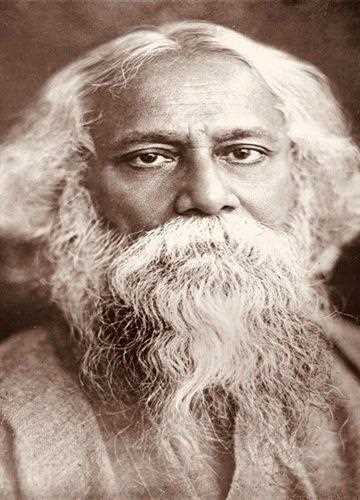The first Indian to receive a Nobel Prize was Rabindranath Tagore. He was a Bengali poet, writer, and philosopher who was born in Kolkata, India, in 1861. Tagore was a highly respected and influential figure in Indian literature, and his works are considered some of the most significant contributions to Indian literature and culture.
Tagore was awarded the Nobel Prize in Literature in 1913 for his collection of poems called Gitanjali (Song Offerings), which was originally written in Bengali and translated into English. The collection includes 103 poems that cover a wide range of themes, including love, spirituality, nature, and human existence.
The Nobel Committee praised Tagore's work for its "profoundly sensitive, fresh and beautiful verse," and noted that it reflected "a spirit of lofty idealism, for which he has been rightly acclaimed as the prophet of a new era in the history of mankind."
Tagore's win was a significant achievement for India, as he was the first non-European to win a Nobel Prize in literature. His work had a profound impact on Indian literature and culture, and he was highly respected as a national figure and a cultural icon.
In addition to his literary achievements, Tagore was also a prominent social and political figure. He was a staunch advocate for Indian independence and worked tirelessly to promote social justice and cultural unity in India. He was a vocal critic of British colonialism and actively participated in the Indian independence movement.
Tagore's legacy continues to be celebrated in India and around the world. His work remains a significant influence on Indian literature, and his contributions to social and political activism continue to inspire people to this day.
In conclusion, Rabindranath Tagore was the first Indian to receive a Nobel Prize, for his collection of poems called Gitanjali. His win was a significant achievement for India, and his work had a profound impact on Indian literature and culture. Tagore's legacy continues to be celebrated and his contributions to social and political activism continue to inspire people today.